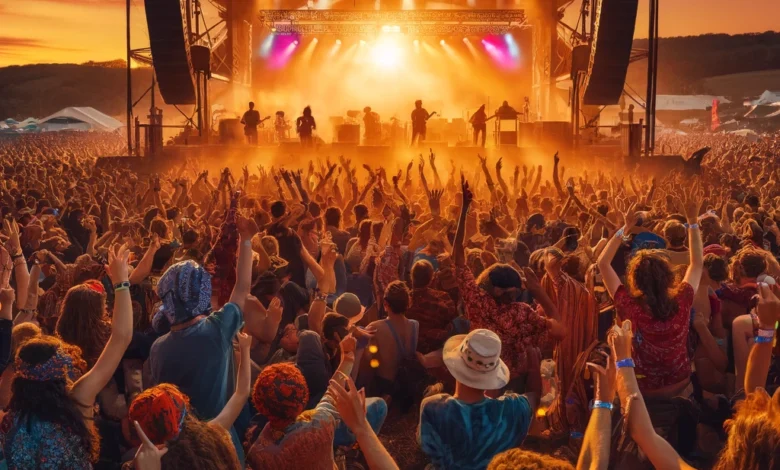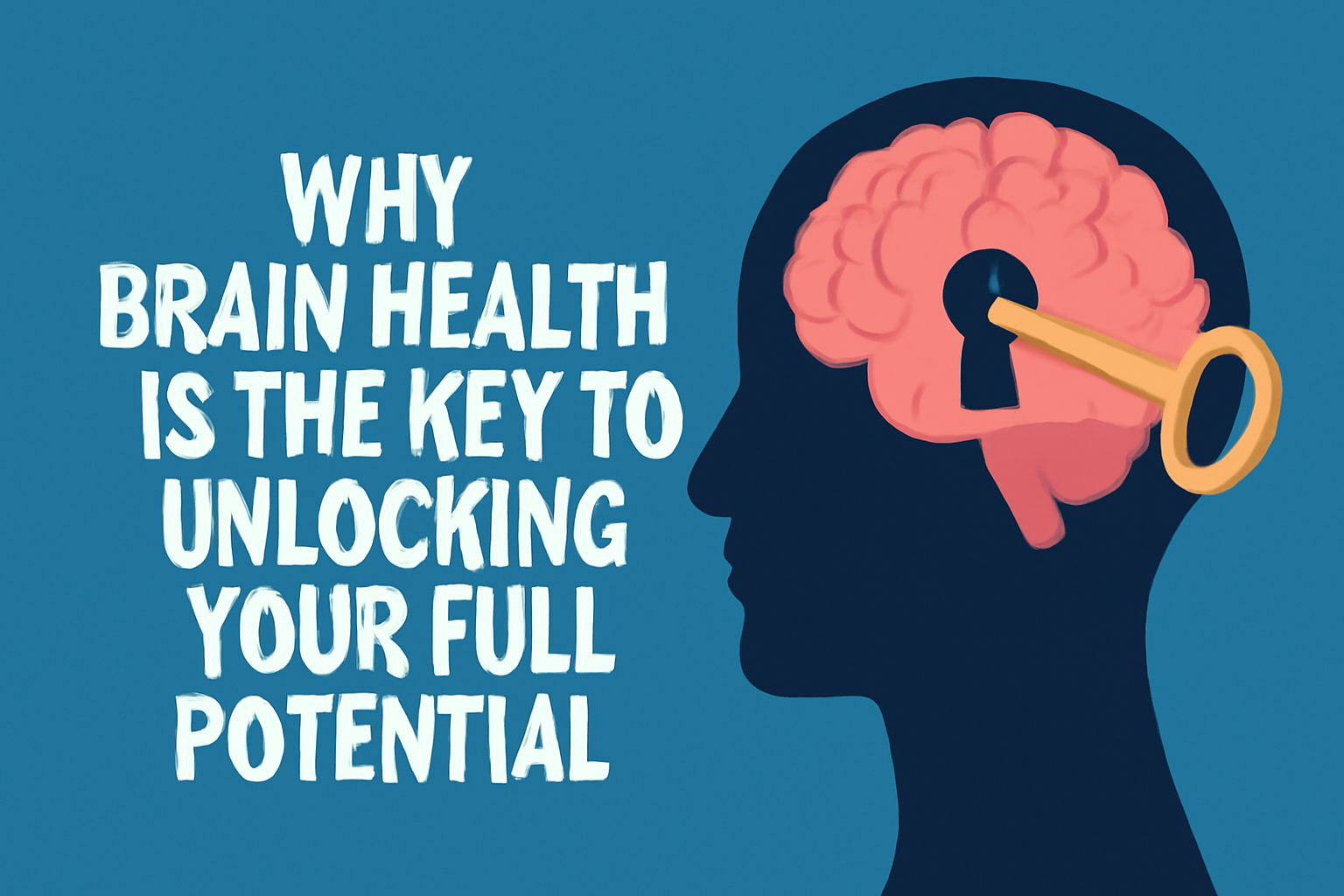Woodstock ’99: The Rise of Independent Music and Overcoming Challenges

In the heart of the late 90s, something extraordinary stirred the music world—a cultural earthquake that left a lasting imprint on how we view music, unity, and expression. That moment was Woodstock ’99. While much of the conversation around it often drifts toward controversy, there’s a brighter, lesser-discussed side worth celebrating—the surge of independent music artists, the power of pursuing dreams, and the collective energy of overcoming challenges.
The festival wasn’t just a nod to its 1969 predecessor; it was a declaration that the music scene was evolving. It gave rise to a raw, powerful, and honest wave of music that didn’t rely on big industry gatekeepers. Woodstock ’99 proved that real talent doesn’t always need a shiny label. It just needs a stage, a mic, and an audience ready to feel something real.
Woodstock 99 wasn’t just about big names or chaotic crowds—it was a massive gathering of youth, emotion, and creativity. At its core, it spotlighted the immense potential of indie music. At a time when the internet wasn’t the powerhouse it is today, getting heard was tough for those without corporate backing. Yet, this festival gave many independent music artists a moment to shine. Whether it was on a side stage or in the spirit of the crowd, you could feel a new movement coming to life—raw, passionate, and unapologetically authentic.
The indie music movement that grew louder around that time didn’t rise out of convenience—it was born from necessity. It was the answer to commercial overload. People were craving authenticity, real lyrics, and songs that told stories—not just radio hits. Woodstock 99 became a battleground for expression. Yes, it had its issues, but it also showcased how young dreamers were pursuing dreams against all odds. In an era where image often overshadowed substance, these musicians flipped the script.
When you watch this Woodstock 99 video, you see more than performances. You see resistance. You see a culture demanding something real. You see musicians who weren’t afraid to fail in front of thousands because they knew their message mattered. That’s powerful. That’s what makes music immortal.
But let’s talk about the human side. Every independent artist knows the struggle—the unpaid gigs, the side jobs, the endless travel, the self-doubt. Pursuing dreams in this realm isn’t glamorous. It’s grit and grind. And yet, they do it. Why? Because music is not just a career—it’s a calling. Woodstock 99 became a symbol of that calling. A space where even those on the fringes could have a shot, could connect, and could be heard.
What’s more inspiring is how these artists tackled the challenges head-on. There were no massive production crews or safety nets. Just raw passion and the will to keep going. That’s the essence of overcoming challenges—not by sidestepping them but charging right through. In fact, many of the artists who found their footing around this time went on to shape genres, inspire others, and build grassroots communities that still thrive today.
The ripple effect from Woodstock 99 is still felt in how independent artists work today. Social media and streaming may have made it easier to share music, but the heart of indie music still pulses with the same rhythm: authenticity over polish, connection over clout. This generation learned from those moments—that the stage doesn’t define the artist, the story does.
Even today, the lessons from that festival resonate. For anyone out there pursuing dreams—be it music, art, or any passion—the core message stands strong: your voice matters. You don’t need a big break, just relentless belief. Independent music artists are the embodiment of that belief, and every note they sing is a testament to their resilience.
What’s incredible is how many of them turn their personal struggles into universal anthems. That’s why indie music hits differently. It’s not always about perfection—it’s about connection. It reminds us that we’re not alone in our struggles, that someone else has felt what we’re feeling and found a way to turn it into something beautiful.
The beauty of Woodstock 99 wasn’t just in the performances—it was in the people. The fans who showed up. The underground bands who brought their A-game. The volunteers, the dreamers, the rebels—it was a melting pot of belief. That kind of synergy is rare. It’s chaotic, yes, but it’s also magical. It reminds us that even in the mess, there’s music.
To all the independent music artists still hustling today—take heart. Your grind is seen. Your sound is needed. And your dream is valid. The world may not always understand your journey, but those who need your music will find it. Just like they found it in a dusty field in 1999.
Check the video:
And to those sitting on a dream, waiting for the “right time,” consider this your sign. There is no perfect moment. There is only now. Start where you are, with what you have. That’s what the spirit of indie music is all about—making something from nothing, and turning pain into poetry.
So, while history might remember Woodstock 99 in various shades, let’s not forget the silver lining. It lit a fire under a generation. It said, “Your voice matters. Your story matters. And you don’t need anyone’s permission to be heard.” That message still echoes today, louder than ever.
Key Takeaways:
- Woodstock 99 was more than just a festival—it was a revolution for independent music.
- Independent music artists found a platform and a voice despite industry barriers.
- Pursuing dreams is messy, but that’s where the magic happens.
- Overcoming challenges is at the heart of every indie journey.
- The indie spirit thrives on authenticity, resilience, and connection.
Conclusion
Woodstock 99 wasn’t just a chaotic weekend—it was a moment. A turning point. It showed the world that music doesn’t need a mainstream polish to shine. That in the dust and the heat, something beautiful was born: the rise of independent music artists who turned their struggles into soundtracks. If there’s one lesson we can carry forward, it’s this—no matter the noise, keep playing your tune. Someone out there needs to hear it.


